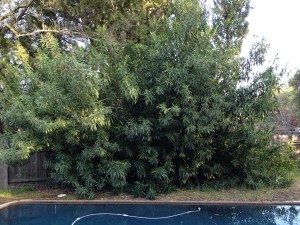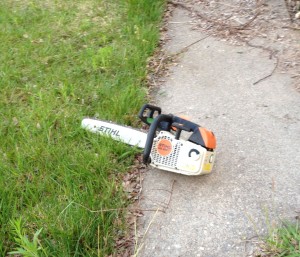What Do You (Need to) Know About Property Dangers?
“Foreseeability of harm” is a critical component of premises liability, and part of the foreseeability question involves the owner’s knowledge of dangerous conditions.
Property owners* are not “insurers” of safety. They do not provide a blanket insurance or guarantee that visitors to the property they own or control will not suffer injury.
However, where the person who owns or controls real property has actual or constructive knowledge of a dangerous condition, the “owner” (which also includes those in possession or control of the premises) generally does have liability for injuries resulting from that dangerous condition or property defect.
ACTUAL, CONSTRUCTIVE, AND IMPUTED KNOWLEDGE OF DANGEROUS CONDITIONS
Most people understand the concept of “actual knowledge.” If the person who owns, controls, or possesses real property knows that a dangerous condition exists, that person has “actual knowledge” of the problem.
“Constructive knowledge” refers to a situation where the property owner/possessor/controller should have or would have known of the dangerous condition if he or she had conducted reasonable inspections and maintained the property properly. Sometimes, people express this in terms of what the property owner “should have known.” Generally speaking, a property owner will be liable for injuries and damages resulting from dangerous conditions which the owner/possessor/controller would have known about had he or she exercised “due care” and “reasonable diligence” in inspecting and maintaining the property.
If dangerous conditions result from the negligence of an owner’s employee(s), the owner is legally responsible. The law considers the owner to have “imputed knowledge” of these conditions–meaning that the law assumes the owner “knows” everything his or her employees do (and do not do) on the property.
PROPERTY OWNERS HAVE A DUTY TO INSPECT AND MAINTAIN PROPERTY
People who own, possess, or control real property have an affirmative duty to inspect and maintain the premises. This includes conducting regular inspections. The duty to inspect generally refers to visual inspections and investigation of suspicious conditions or situations which suggest a dangerous condition may exist. Professional inspections, such as geological surveys and obtaining professional inspection reports, are required only in certain circumstances.
The common law distinguished between the duty a property owner owed to a trespasser, an “invitee,” and a “licensee” or employee. Under the old common law, land owners owed a higher duty to invitees, employees, and licensees than to trespassers and those who entered the property without the owner’s permission. However, the modern law no longer distinguishes between these classes of people for purposes of establishing the existence and scope of the property owner’s duty. However, the categories do still matter with regard to the reasonableness of the owner’s conduct. For example, a property owner may be held to have acted reasonably (and therefore not liable for those injuries), if the injured party was a trespasser and the property owner had no reasonable expectation that such trespass would occur. In addition, property owners may have an affirmative defense to liability if a felon is injured while committing a felony on the premises.
*Note: all references to “property owners” in this article also apply to “possessors” of property and people in control of property, because the legal duty attaches to persons who “own, possess, or control”–not simply to property owners alone.
People who own, rent, control, or possess real property–either land or rental premises–should maintain and repair the property as needed to mitigate risks to other residents, guests, invitees and others. Ignorance of the law is not a defense. Consult an attorney or property specialist to learn about your duties and obligations, and make sure you comply with your legal duties to keep your property safe and well maintained.
***
DISCLAIMER: This article is intended for informational purposes only, and does not constitute legal advice or create an attorney-client relationship. Premises liability is a complex legal topic, and no single article can provide complete or comprehensive coverage or information about this or any other legal topic or issue. Your personal liability may differ, based on your individual facts and circumstances. If you believe you have a legal claim or issue, or wish to know more about your individual rights, consult an experienced attorney without delay.
















